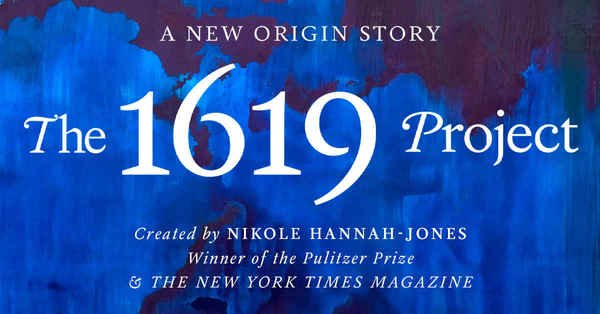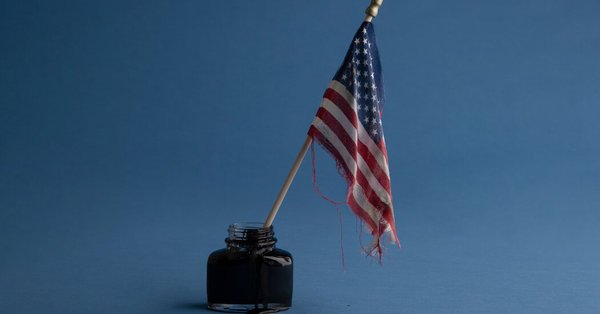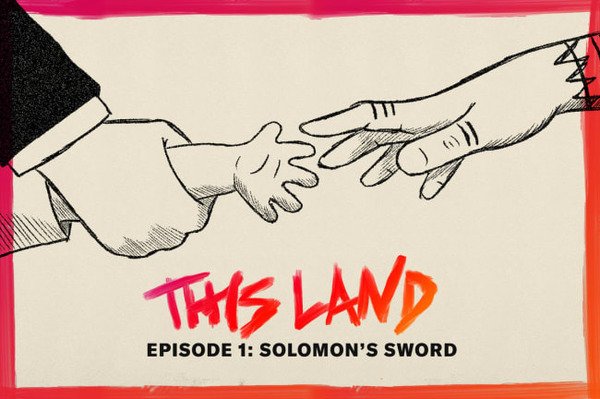Loyal readers, I hope you are doing well. Let me make a promise to you right here and now that today’s issue will not be about Omicron (or Omarion), or about how schools and teachers and educators and parents are freaking out. My sense is that most of you would prefer to read great articles on a different topic relating to race, education, and culture.
If you’re in agreement, this week’s issue is for you. All four articles focus on the experiences of Black people navigating predominately white spaces. (Note: This is not the first time we’ve explored this theme.) Those spaces include the country music industry, public schools, public libraries, transracial adoptive families, and the health care system. Usually I suggest one piece for those of you who have limited reading time, but sorry, this week, I can’t choose my favorite. They’re all good. But I’d love to hear from you about which piece resonated with you the most. Please enjoy!
+ New Subscriber Contest: I’d love for The Highlighter to grow. Have someone in mind who’d appreciate the newsletter? Refer them and win a prize! If they subscribe and include your name, you’ll be entered into a raffle. This week’s prize: A three-month digital subscription to the New York Times (for you, or for a friend).
+ The 1619 Project Book Club. I’m happy to report big interest and enthusiasm (32 of you!) for our six-month book club beginning in February. At this point, sign-ups are closed. But if you have an idea to build our reading community this year, please hit reply and let me know!
The Black Vanguard In White Utopias
I don’t know anything about country music, but whatever sociologist Tressie McMillan Cottom writes, I read. In this well-reported, well-written piece, Prof. Cottom explains why Black artists make up less than 4 percent of the market, despite their past and current contributions to country music’s landscape.
The brief answer: Sonic segregation. Since the 1970s, as part of President Nixon’s Southern strategy, Republican leaders have linked country music with whiteness, conservative nostalgia, and notions of a white utopia. President Reagan followed up on that thinking, calling country music the “purest American musical form,” connecting it with guns and God.
Prof. Cottom writes, “Country music issues a promissory note to its white listeners. The promise is that no matter how much the world around them may be changing, a country radio station or concert will be a safe space for white sentimentality.” (28 min)
George Floyd’s murder in 2020 led to widespread protests and calls for racial justice. But the following year’s backlash sought to expunge whatever progress was made. In this outstanding episode of This American Life, Emanuele Berry and Chana Joffe-Walt tell the stories of a Black principal, Black student, and Black author and how they have personally navigated the retaliation, coded as criticisms of critical race theory in public schools and libraries. (53 min)
+ If you don’t have an hour: Skip to Nevaeh’s story, about 12 minutes in. With adults bickering and complaining, it’s good to hear from a young person.
Transracial Adoptees Struggle To Talk To Their White Parents About Race
Angela Tucker is a 36-year-old Black woman whose white parents adopted and raised her in lily white Bellingham, Washington. They realized their community left Angela disconnected from her racial identity but reasoned that access to well-resourced schools and health care would provide a healthy foundation. Looking back at her childhood, Ms. Tucker reflected, “I know my parents love me, but they don’t love my people.” As the rate of transracial adoption has increased, more BIPOC adoptees are challenging their parents, sharing the confusion (and sometimes trauma) they experienced growing up in mixed-race and colorblind families. (25 min)
+ Thank you to loyal reader Jennifer for sending this article my way. Got a good article? Nominate it!
A Litany for Survival: Giving Birth As A Black Woman In America
Well before Naomi Jackson became pregnant when she was 38, she realized that “having a Black child in America has always been an act of faith.” In this direct, clear-eyed essay, Ms. Jackson tells the story of her pregnancy, including her search for a Black female ob-gyn, her wish for an unmedicated childbirth, and her delivery without a doctor present. Ms. Jackson writes, “There is still a very prominent belief that there is something wrong with Black women’s bodies, and every poor outcome is because of us.” (19 min)
+ Reader Annotations: A number of you reached out to share your gratitude for last week’s issue honoring bell hooks. VIP Sara especially appreciated “Love As The Practice Of Freedom.” She wrote, “The article by bell hooks is so powerful! I truly believe if we could start some sort of community with love as its anchor, maybe we could move forward as a positive culture. Of course it will be hard work, but we have to start somewhere. Thank you for the article!” No, Sara – thank YOU for sharing your thoughts with our reading community. I’m happy that you’re such an integral part of The Highlighter.
Thank you for reading this week’s issue of The Highlighter. Did you enjoy it? Let me know by clicking on “Yes” or ”No” below. I like hearing from you.
To our two new subscribers – Ashley and Albert – I hope you find the newsletter a solid addition to your email inbox. To our long-time subscribers (Umar! Uriel! Ulises!), you’re pretty great, too. VIP Greg, thank you for sharing the newsletter and getting the word out.
If you like The Highlighter, please help it grow. I appreciate your support. Here are a few ways you can help:
Forward today’s issue to a friend and encourage them to subscribe
Buy me a coffee to keep my reading energy high
Become a VIP member (thank you Caitlin and Linda) to express your appreciation for the newsletter
On the other hand, if you no longer want to receive this newsletter, please unsubscribe. See you next Thursday at 9:10 am PT!













